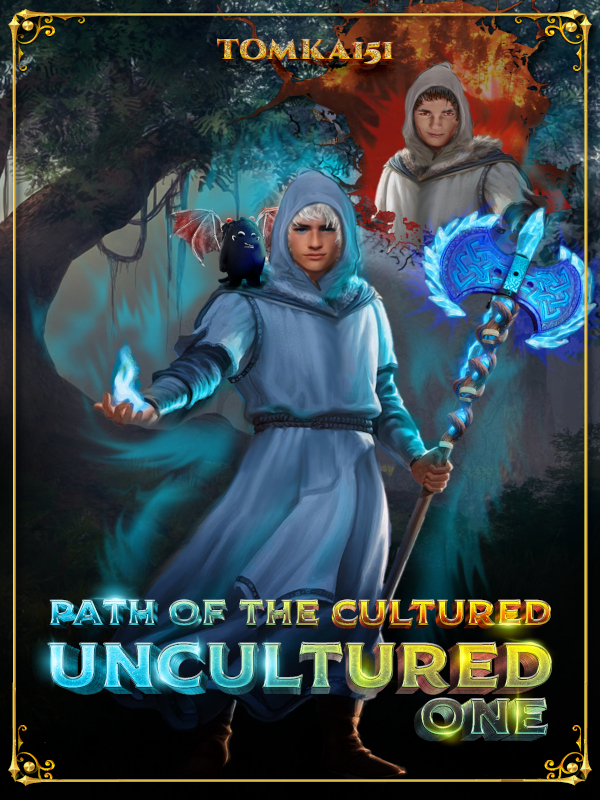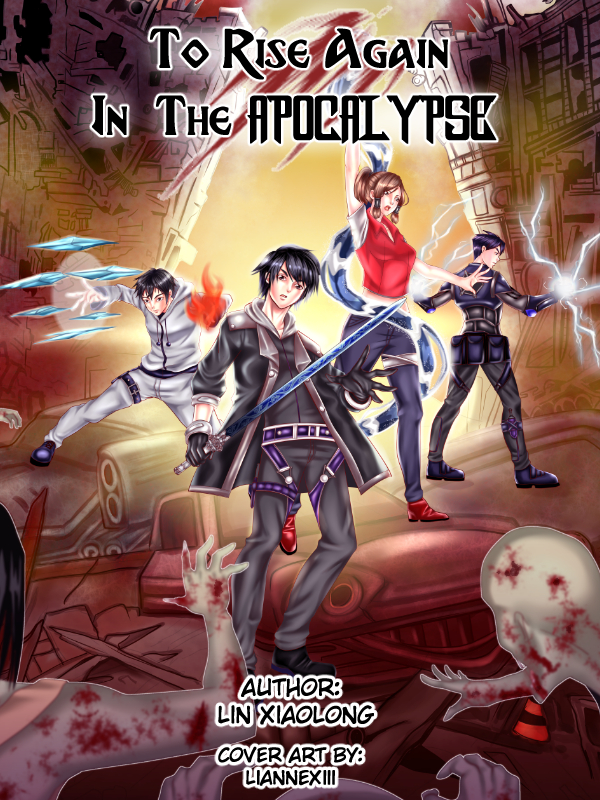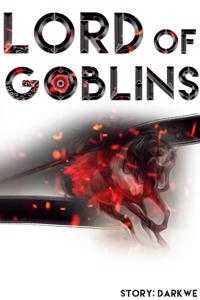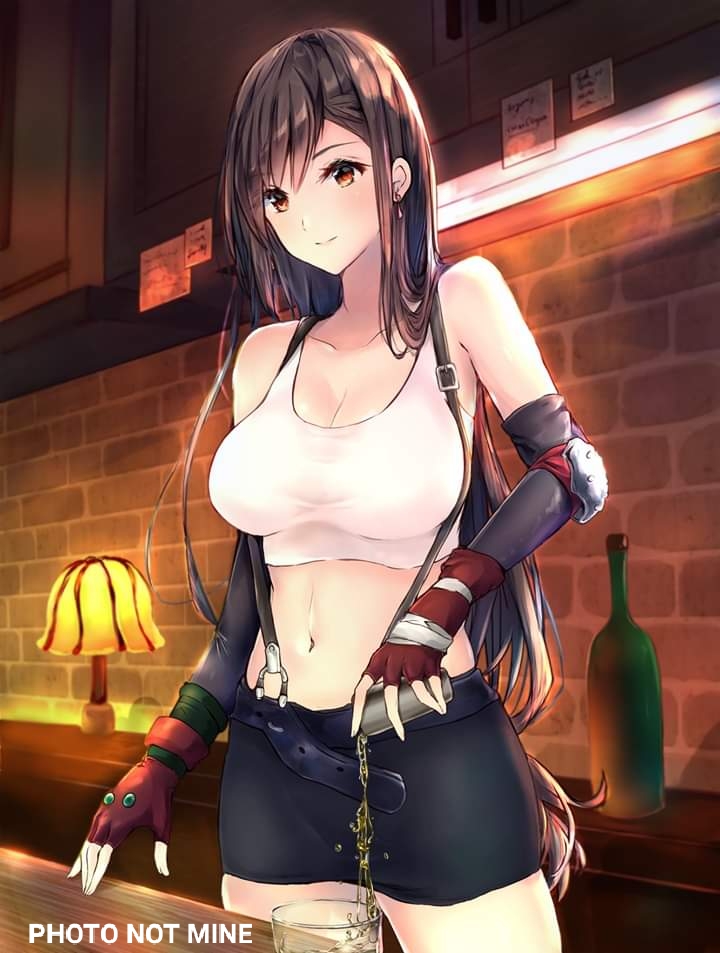.
“No more than a thousand troops in the town?”
Major Torset was giving me a look that was between disbelief and confusion. I read that as meaning that he didn’t believe he had heard me correctly.
“Or within three miles of it, Major,” I stated, then stressed, “I cannot say it strongly enough, this is for their safety. The limit includes any other personnel or civilians that show up.”
He had no response. He simply stared at me.
His adjutant, a First Lieutenant Amerest had a trace of skepticism in her eyes as she noted, “I’m given to understand that My Lady transferred the command of the battalion back into the Major’s hands yesterday. Are you rescinding that order?”
She had been elsewhere before. Dilorè and I were back in our ‘young noblewomen’ attire, not our armor, and she clearly didn’t realize we were the fairy knights who had shown themselves yesterday.
“I am not,” I stated. “Treat this as an order coming down from Her Grace. I don’t know if the Major communicated this to you, but I am in a position to give such an order.”
She looked over to the Major, who took a moment to come out of his funk to notice her glance. He scowled slightly and gave her a quick nod confirming my words.
He asked, “Can you give us the reason why?”
It was my turn to scowl. It wasn’t good to cut off a relatively senior officer with a ‘yours is not to reason why’ response. At that level, he had a responsibility to reason why, and if a few more officers had done so at the Battle of Balaclava, some very tragically wasted soldiers would have survived that war.
But… “I cannot give you the specifics. I can tell you that we discovered the fate of the townspeople, and the same threat is hanging over your soldiers’ heads. It will not recur as long as the numbers remain below the threshold, so for safety’s sake, I would like to keep it below a thousand.”
He focused on the most important detail first. “What happened to them?”
“The specifics are for Her Grace’s ears only. It’s her decision who else should know, not mine. I can tell you that, with the possible exception of anyone who fled elsewhere before the event, they are dead. In all likelihood, that includes His Lordship’s family, since even if His Lordship remained, his family would surely have evacuated using the air boat at their residence.”
The Major’s face had grown quite somber as I spoke. His scowl then came back.
“You can’t say how you know?”
“While it is information that Her Grace will certainly understand, thanks to her considerable knowledge and wisdom on magical matters, it is not something I could easily describe to most mortals. Even highly educated ones such as yourself, Major. I hope you can understand.”
Lieutenant Amerest grew skeptical again. “Even though a young woman such as yourself can?”
“A nonmortal can understand certain things far more easily than a mortal can. I am a nonmortal with unique background in that respect. Please understand that something happened that would ordinarily be impossible– that your education probably would inform you is impossible– and I’m not sure how to explain why it was not impossible in this particular case.”
Her brow creased, and I suspected it was not so much with doubt as with uncertainty.
I continued, “A caravan full of refugees entering from the countryside triggered the catastrophe. They put the total number in the danger zone above the amount required. The hazard will remain until M… Her Grace can find a means to disable it. For that reason, I will send a dispatch to militia headquarters to forbid any further troop trains, passenger trains or other transfers of people into Oseri.”
Torset nodded gravely. “I understand, My Lady. But you don’t want us to withdraw?”
“Rather, I want you to spread your forces out properly to defend the frontier. The purpose for the sudden increase in monster attacks was to drive people into town to activate the hazard. Fortifying the town serves no purpose, because there is no point in the monsters attacking the town. Your mission is now to prevent them from threatening other regions through an unoccupied Oseri territory.”
The major’s face grew somber again. “They were herded?”
It was a true statement whether he meant the monsters or the people, so I nodded.
“Something herded the monsters out of the Highland, in order to herd the citizens into town.”
“If you could just explain how you know this…” the Lieutenant began.
I understood her attitude. I was just some young noblewoman she had never heard of. So I was reluctant to cut her down.
The Major spoke before I could. “Lieutenant, this person…”
He stopped as I frowned, then he told me, “Everyone in the battalion knows about the fairy knights whom Her Grace sent to support us. Surely, I can tell her that much, My Lady?”
The Lieutenant’s eyes grew question marks as they flicked over to Dilorè and me.
I nodded. “It’s okay to advertise that Lady Dilorè and I are those knights, Major. Nothing more than that.”
The woman’s face paled.
I tried not to sound harsh as I told her, “Yesterday, we penetrated considerably deeper into The Highlands than mortals can do, and we discovered the source of the danger. I consider the rest to be information for Her Grace only. Is that sufficient, Miss Amerest?”
She tightened her lips, regretting her previous attitude, and nodded. I didn’t feel she had anything to regret, since her questions had been perfectly reasonable, but whatever.
I looked back over to Torset. “Major, that does bring me to my next subject. I am commandeering the Viscount’s air boat.”
He frowned. “You’re leaving us?”
With a nod, I said, “I and my team will head back into The Highlands. We don’t expect to be returning while the danger remains, and actually, the presence of we nonmortals lowers the threshold at which the danger triggers, so the air boat will make a good mobile base for us.”
# # #
“I’m okay with heading into The Highlands again,” Dilorè stated, “But just why are we headed back to the tower?”
She asked the question while seated in the cockpit of the Viscount’s boat, Reia. It looked a lot like sitting in the cockpit of an airplane. At least, if the airplane had been invented in the Victorian Era.
The windshield was an enormous bubble fashioned from at least two dozen panes of glass in polished brass frames. Beyond them, we were seeing the same vista as yesterday, the misty hills and fog-covered forests of The Highlands
Dilorè’s controls were also brass, except the wooden control wheel she was gripping, a sort of hybrid between a ship’s wheel and an airplane control yoke.
Instead of a vast array of digital readouts, the instruments were a small assortment of dials, needle gauges and barrel meters on a wooden control panel atop a pedestal in front of her. The helmsman’s chair where she sat was a fancy wooden chair. Copilot seat? There was none. Dilorè sat in the center, surrounded by those many window panes. It made for an odd picture, since she and I were both dressed out in our armor, in case we encountered a fight.
For all that, Reia was a far more Earth-style aircraft than the big airliners that ply the routes between Orestanian cities (which burn mana-enhanced fuels to heat air for lift and look like German dirigible airliners of the 1920s and 30s). This was a heavier-than-air vessel like Prince Manlon’s launch, but it looked nothing like that vessel, either.
I had seen mortal aircraft that directly depended upon magic for lift and propulsion before. They were always very small craft, built very lightly like World War I biplanes, and large enough only for a small cargo or a handful of passengers.
Reia was also one of this, but larger than any other aircraft of this kind I had seen. Perhaps the more abundant supply of people selling mana made magic flyers less expensive to operate here in the South, but I was sure it was still a very expensive vessel.
If you could imagine a miniaturized Hindenburg, or maybe a steampunk rocket ship, about eight paces long, with this cockpit as the nose and portholes down the sides, you would have a pretty good image of the hull.
But to get the whole picture, you have to add landing skids like a helicopter and truss booms sticking up at thirty degree angles from either side of the hull, holding up crankshafts with enormous propellers resembling Don Quixote’s windmills fitted at the front and back. A magic engine in the belly of the craft turns the crankshafts via long drive belts.
As Dilorè had correctly noted, we were currently headed for the tower, and she clearly disliked keeping the boat pointed that direction. But she was in luck, because I had only picked that for my initial direction, until we were completely out of sight of Torset’s trio of griffon-mounted scouts.
“You’re fine, Dilorè,” I told her. “I’m not letting you or the mortals anywhere near that woman. We’re just about where I’ll have you turn.”
The mortals in question were in the passenger cabin, where Chiara was trying to use the little galley to make lunch. Between the time taken to confer with Torset, the time taken to write and send dispatches to militia headquarters and the ducal government stating my orders (as Lady Tiana Pendor) and the time taken to recharge the magic stones that powered the aircraft, it was already an hour past Noon before we launched.
I had been in a cold sweat the entire time. According to Eurybia, my nascent Elder soul, my infantile spiritual body and my blood core, loaded with condensed blood acquired from the asura, were the equivalent of at least a thousand ordinary mortals. I had no idea how many soldiers were in the support companies backing up Torset’s battalion, so I kept imagining vanishing like the townspeople at any moment.
My seat was the navigation station. True to the steampunk chic, this was not a little corner of a cramped cockpit. Rather, it was a large table behind the helm (where Dilorè was seated) on the port side. The starboard side featured a floor-to-ceiling cabinet holding a variety of extra lever controls and gauges reporting the status of the engines and other mechanisms. In the middle stood a pair of gimbal stands holding a compass and a chronometer. Dilorè had a magic image of those reflected on the windshield ahead of her.
On the table, I had a large chart showing Doria and portions of the neighboring territories. After locating our position on it and deciding it was far enough from Torset’s soldiers, I said, “Actually, it’s time. Turn to port and set a course for Anto.”
If it had been a mortal navigator to a mortal helmsman, it would have been, Turn to a heading of West by Southwest, one quarter point South. Or something like that. I didn’t actually check. Dilorè’s a fairy, and she’d been in Anto just the other day. She knew where it was.
Then I added, “And I’ll be getting off the boat, now.”
“What?!” she yelped. “Where are you going?”
“Back to that ‘green tower’ place,” I said, trying to sound nonchalant about it. “I have something to discuss.”
She began leaning forward to look down (the windshield panes continued below the ‘control panel’ in front of her so she could see the ground ahead) as she said, “Wait so I can find a spot to put down. I’m coming with you.”
I decided not to spare her feelings. She needed to hear this straight.
“My Lady, you would be absolutely no assistance and a total liability. The only role you can serve is ‘helpless bystander whom I have to defend’.”
She frowned, her jaw set. “And what if you’re helpless, too? She’s had a day to think about ways to handle you!”
As I folded the chart to stick it back into the chart locker, I instructed, “If I don’t catch up by the time you reach Anto, land the boat, fly back to Tëan Tír, and fetch Mother.”
I meant, by herself. We had already compared notes and determined her seal wouldn’t allow her to guide unrelated people like the two mortals.
She was still glaring at me when I opened the hatch and stepped out.










